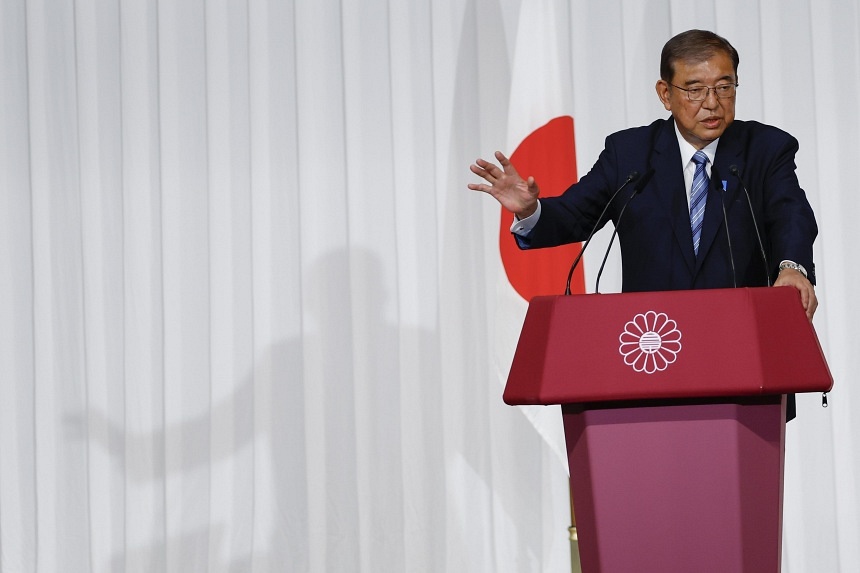
Updated
Oct 30, 2024, 02:17 AM
Published
Oct 29, 2024, 05:14 PM
The Thai authorities and some groups have issued a warning after samples of Shine Muscat grapes were found to contain hazardous chemical residues over maximum permitted levels.
The Thai Pesticide Alert Network (Thai-PAN), together with the Thailand Consumers Council (TCC) and the country’s Food and Drug Administration (FDA), announced on Oct 24 that laboratory tests detected high pesticide residues in 23 samples, out of the 24 collected for testing.
On Oct 2 and 3, TCC bought 24 samples of the grape variety from different locations: two from online shops, seven from fruit shops and markets as well as 15 from supermarkets, the Bangkok Post said in a news report.
Ms Prokchon Usap, the coordinator of Thai-PAN, was quoted as saying that nine samples were identified as imports from China, while the origins of the others could not be identified.
She added that it was “quite shocking” to find that 23 out of 24 samples contained overly high pesticide residues.
According to Ms Prokchon, the insecticide chlorpyrifos, which is banned in Thailand, was detected in one of the samples.
The other 22 affected samples were found to have contained 14 harmful chemical residues exceeding the safety limit of 0.01mg per kilogram, the Bangkok Post reported.
Another 50 pesticide residues were also detected in the 22 samples – including 22 pesticides that are yet to be regulated under Thai law. These include triasulfuron, cyflumetofen, tetraconazole and fludioxonil.
Ms Prokchon told the news outlet that as these pesticides remain in the grapevine tissue, they are likely difficult to remove.
Legal action
The TCC has urged the FDA to take legal action against importers of the tainted grapes, the Bangkok Post reported on Oct 27.
In the report, the TCC called for contaminated grapes to be disposed of, a thorough inspection of imported grapes that are yet to be distributed, and a recall by importers for inspection. It also said the FDA should ban companies found to have knowingly imported the contaminated fruit.
Meanwhile, FDA’s secretary-general Surachoke Tangwiwat told the Bangkok Post on Oct 27 that 36 of the 50 chemical residues detected did not exceed safety limits.
The other 14 are not on the watchlist as there was not enough information about their risks.
He also urged consumers to thoroughly wash fruits before consumption.
Dr Surachoke also said that imports found to be contaminated would be seized and legal action would be taken against importers.
The Bangkok Post reported that many vendors at a market in Nakhon Ratchasima’s Muang district have removed Shine Muscats from their shelves, as consumers shun the grapes despite deep discounts.
In Malaysia, the Ministry of Health said on Oct 28 that Shine Muscat grape samples tested under its Food Quality and Safety Programme between 2020 and September 2024 did not show chemical residues above legal limits, the Malay Mail reported.
A total of 5,561 samples of imported vegetables and fruits were analysed for pesticide residues under the programme.
According to the Health Ministry, 234 grape samples were analysed. Four samples were found to be non-compliant with the maximum residue level, but these did not involve the Shine Muscat variety.
Shine Muscat grapes, a cross variety made in Japan in 1988, features large yellow-green berries with a crisp flesh and low acidity.
Aside from Japan, the variety is also cultivated in countries like South Korea and China.
The Straits Times has contacted the Singapore Food Agency for more information.

 By The Straits Times | Created at 2024-10-29 22:22:59 | Updated at 2024-10-30 07:30:09
22 hours ago
By The Straits Times | Created at 2024-10-29 22:22:59 | Updated at 2024-10-30 07:30:09
22 hours ago



